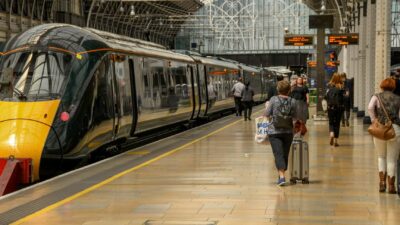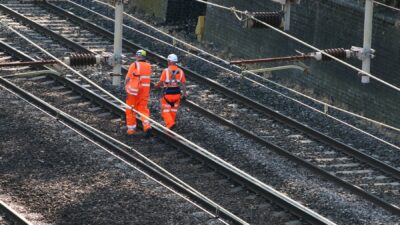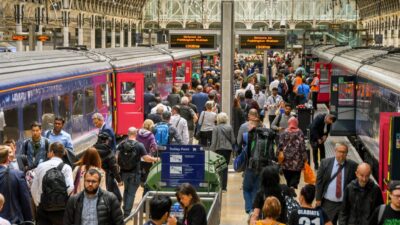Andrew is head of Oxera’s Transport team and specialises in the economics of the sector. He draws together different types of economic and finance analysis to find solutions in collaboration with clients. He builds long-term relationships that enable him to propose and implement solutions on behalf of the sector and its stakeholders.
Andrew supports clients across Europe and further afield, and he regularly provides expert testimony to courts, parliaments and round tables, as well as commercial advice to governments and businesses. He has more than 20 years’ experience of working on infrastructure and operations across the transport modes, covering aviation, public transport, logistics and maritime.
Andrew speaks English, and German.
Tel: +44 (0) 1865 253028




